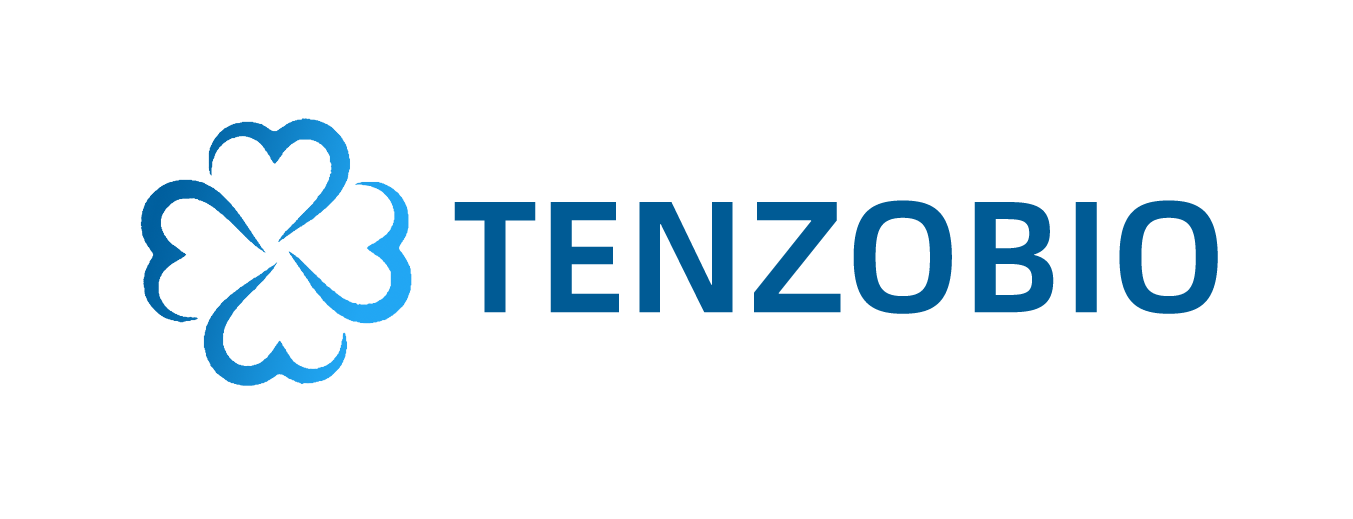
中文 | English

中文
aFGF (FGF1) mouse monoclonal antibody, clone OTI4D2 (formerly 4D2)
Cat Number: GAM611175
aFGF (FGF1) mouse monoclonal antibody, clone OTI4D2 (formerly 4D2)
Applications:
IFWB
Species Reactivity:
HumanMouseRat
$ 169
/ 50ul
In Stock
50ul100ul
Description
Recommended Dilution
Product Features
Applications
IFWB
Uniprot
P05230
Isotype
IgG1
Background
FGF1 is a member of the fibroblast growth factor (FGF) family. FGF family members possess broad mitogenic and cell survival activities, and are involved in a variety of biological processes, including embryonic development, cell growth, morphogenesis, tissue repair, tumor growth and invasion. This protein functions as a modifier of endothelial cell migration and proliferation, as well as an angiogenic factor. It acts as a mitogen for a variety of mesoderm- and neuroectoderm-derived cells in vitro, thus is thought to be involved in organogenesis. Three alternatively spliced variants encoding different isoforms have been described.
Calculated molecular weight
15.8 kDa
Purification method
Affinity Purification
Clonality
Monoclonal
Host species
Mouse
Immunogen
Human recombinant protein fragment corresponding to amino acids 16-155 of human AFGF (NP_000791) produced in E.coli.
Clone name
OTI4D2
Species Reactivity
HumanMouseRat
Alias
FGF1



Cat Number: GAM611175
aFGF (FGF1) mouse monoclonal antibody, clone OTI4D2 (formerly 4D2)
Applications:
IFWB
Species Reactivity:
HumanMouseRat
$ 169
/ 50ul
In Stock
50ul100ul
Description
Recommended Dilution
Product Features
Applications
IFWB
Uniprot
P05230
Isotype
IgG1
Background
FGF1 is a member of the fibroblast growth factor (FGF) family. FGF family members possess broad mitogenic and cell survival activities, and are involved in a variety of biological processes, including embryonic development, cell growth, morphogenesis, tissue repair, tumor growth and invasion. This protein functions as a modifier of endothelial cell migration and proliferation, as well as an angiogenic factor. It acts as a mitogen for a variety of mesoderm- and neuroectoderm-derived cells in vitro, thus is thought to be involved in organogenesis. Three alternatively spliced variants encoding different isoforms have been described.
Calculated molecular weight
15.8 kDa
Purification method
Affinity Purification
Clonality
Monoclonal
Host species
Mouse
Immunogen
Human recombinant protein fragment corresponding to amino acids 16-155 of human AFGF (NP_000791) produced in E.coli.
Clone name
OTI4D2
Species Reactivity
HumanMouseRat
Alias
FGF1

扫码添加微信客服 工作时间:9:00-18:00
